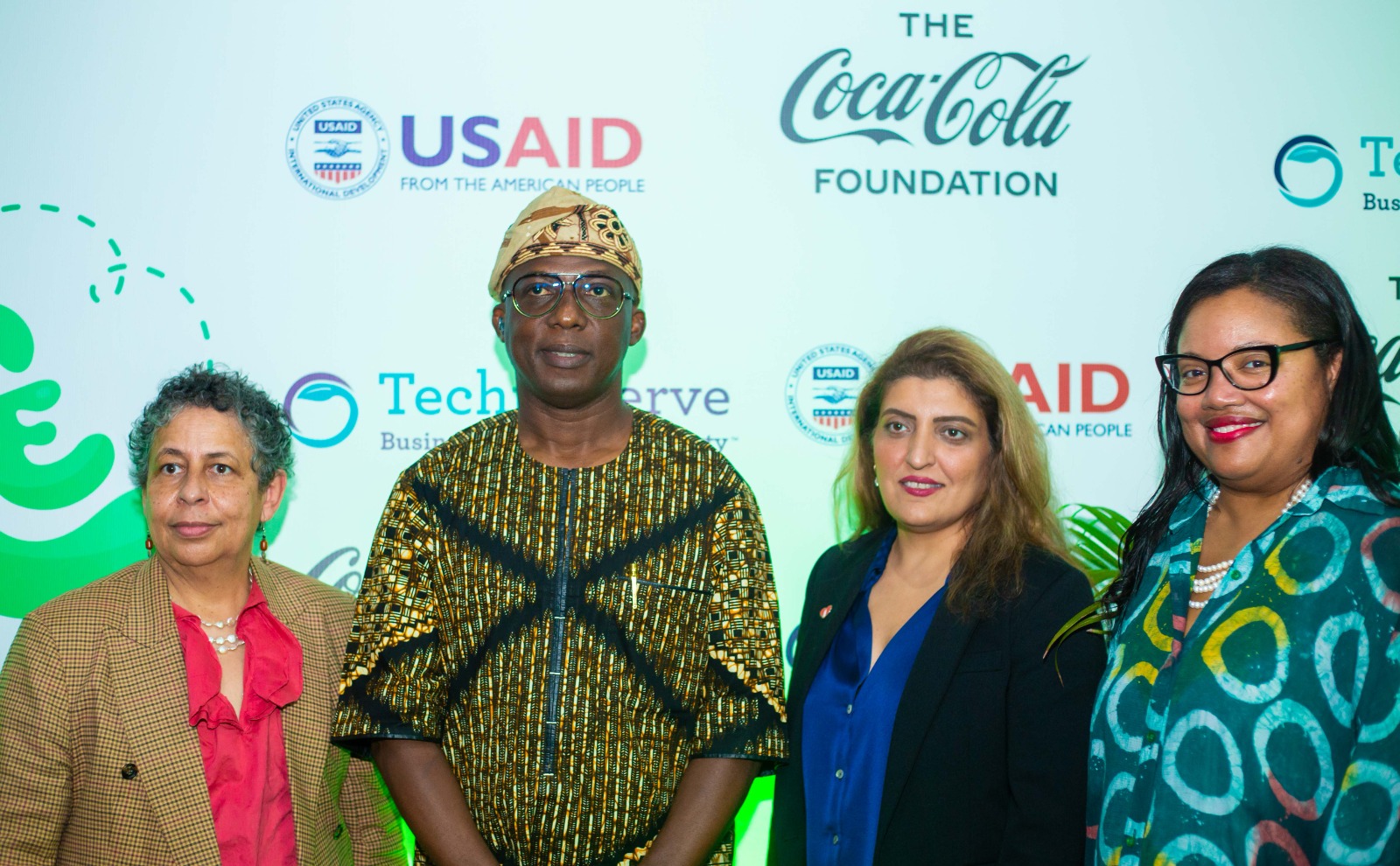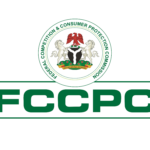The United States Agency for International Development (USAID), in collaboration with The Coca-Cola Foundation and TechnoServe Nigeria, has announced the launch of the Nigeria Plastic Solutions Activity (NPSA).
In a statement yesterday, it said the initiative, funded equally by Coca-Cola and USAID with a combined investment of $4m will tackle the critical challenge of plastic waste management in Nigeria through innovative recycling solutions.
“Plastic pollution has become a pressing environmental concern globally, and Nigeria is no exception. With an estimated 2.5 million metric tons of plastic waste generated annually, there is an urgent need for concerted efforts to mitigate its impact on the environment and public health.”
It said the objective of the NPSA is to recover approximately 49,000 metric tons of plastic waste in Nigeria while upscaling the collection capacity of over 24 aggregators and 9,500 collectors.
Buni pays unscheduled visits to project sites
ACF hails FG’s stance against foreign military bases
“In addition, the program aims to create over 10,000 green jobs, driving circularity in plastic waste management and promoting a cleaner, healthier environment.
During the launch event, USAID Mission Director Melissa Jones remarked “In addition to improving the environment, plastic collection, sorting, aggregating, processing and manufacturing offers employment opportunities. Small and medium scale enterprises and entry-level and semi-skilled workers particularly stand to benefit from this new value chain.”,
U.S. Consul General, Will Stevens, reiterated the United States Government’s commitment to the new project by incentivizing recycling as a means of averting plastic pollution.
“We protect the planet, create jobs, empower youth and other marginalized groups and foster sustainable development. We must persist in collaborating, innovating, and implementing solutions to address this urgent issue. Together, we can build a future where plastics are no longer a threat to our planet but a valuable resource managed responsibly and utilized for the benefit of future generations,” he remarked.”

 Join Daily Trust WhatsApp Community For Quick Access To News and Happenings Around You.
Join Daily Trust WhatsApp Community For Quick Access To News and Happenings Around You.

